March 25, 2024
When you empower your colleagues, you’re delivering excellence for them and your clients
 The level of engagement within a company’s workforce significantly impacts clients satisfaction and its bottom line. Recent research by Gallup shows that teams with high levels of engagement enjoy a 10 percent uplift in client loyalty and a 23 percent increase in profitability compared to low-engagement teams. Empowering colleagues with learning and development programmes can dramatically improve their engagement with a business. Supporting them in this way is crucial if you want them to deliver excellence. When people are encouraged to own their careers, they care more about the outcomes of their work, which translates into exceptional productivity and happy clients. (more…)
The level of engagement within a company’s workforce significantly impacts clients satisfaction and its bottom line. Recent research by Gallup shows that teams with high levels of engagement enjoy a 10 percent uplift in client loyalty and a 23 percent increase in profitability compared to low-engagement teams. Empowering colleagues with learning and development programmes can dramatically improve their engagement with a business. Supporting them in this way is crucial if you want them to deliver excellence. When people are encouraged to own their careers, they care more about the outcomes of their work, which translates into exceptional productivity and happy clients. (more…)









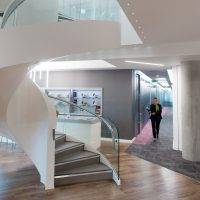
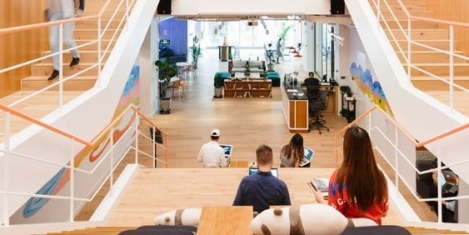
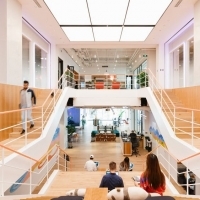




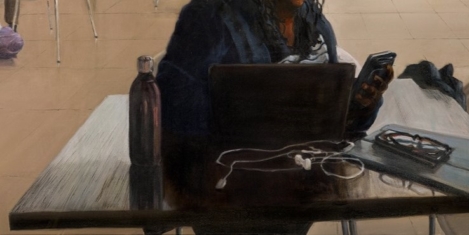
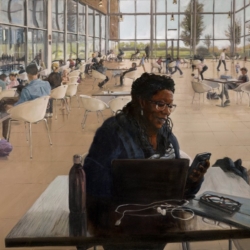
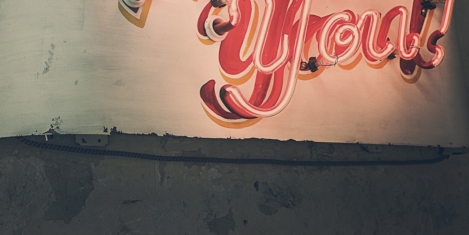
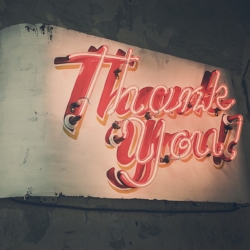







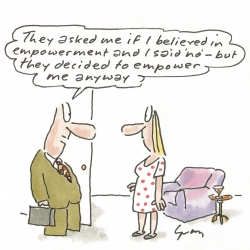









March 25, 2024
How to create a truly inclusive office design
by Alesya Karnaukhova • Comment, Workplace design